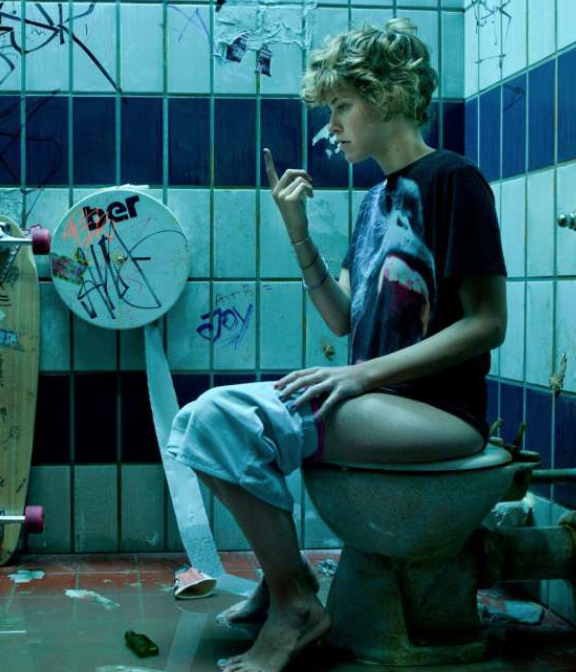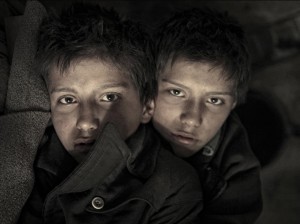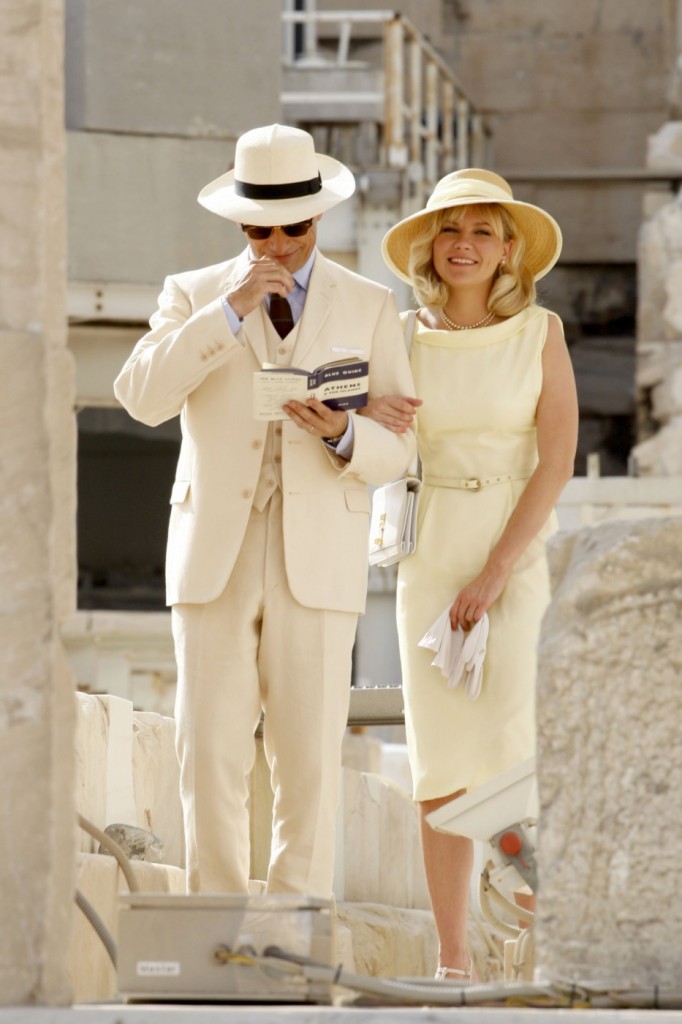 Every once in a while, a film comes down the pike that elicits such a strong visceral reaction that at first it’s hard to determine whether it’s any good. I’m not talking about those slash-and-gash horror films that have become as ubiquitous (and arguably as American) as apple pie. I’m talking about the likes of “Blue Velvet” – films that dive into the darkest corners of the human psyche, and emerge with artfully embroidered insights about the intersection of sexuality, violence, and neuroses. I’m talking about “Wetlands,” the adaptation of the eponymous, best-selling German novel.
Every once in a while, a film comes down the pike that elicits such a strong visceral reaction that at first it’s hard to determine whether it’s any good. I’m not talking about those slash-and-gash horror films that have become as ubiquitous (and arguably as American) as apple pie. I’m talking about the likes of “Blue Velvet” – films that dive into the darkest corners of the human psyche, and emerge with artfully embroidered insights about the intersection of sexuality, violence, and neuroses. I’m talking about “Wetlands,” the adaptation of the eponymous, best-selling German novel.
The book was enough of a shock, especially since it’s authored by well-known European TV presenter Charlotte Roche. Written solely from the perspective of eighteen-year-old Helen as she malingers in the proctological ward of a hospital, it is a reverie of bodily fluids and sexual and drug misadventures. It is also the first book I have ever encountered that I could not read while eating. The film, directed and adapted for the screen by David Wnendt, is both more and less disquieting: Like the book, it is rooted in Helen’s hospital room but it, uh, fleshes out her musings with powerful imagery (some of which is impossible to erase from the mind’s eye), a waggish wit, and supporting characters like Corinna (Marlen Kruse), her malleable best friend.
Make no mistake, though: This story is entirely Helen’s, and there has never been a character like her in the history of film or literature. Raised by the kind of mother whose worst fear is being caught with dirty underwear, Helen (Carla Juri) rebels by languishing – drowning, even – in the sea of her own body: tasting, sniffing, prodding, and generally relishing her various secretions, excretions, odors, and sexual organs (which comprise a larger category for her than it might for others). As she says, “I turned myself into a living hygiene experiment.” Continue Reading →


